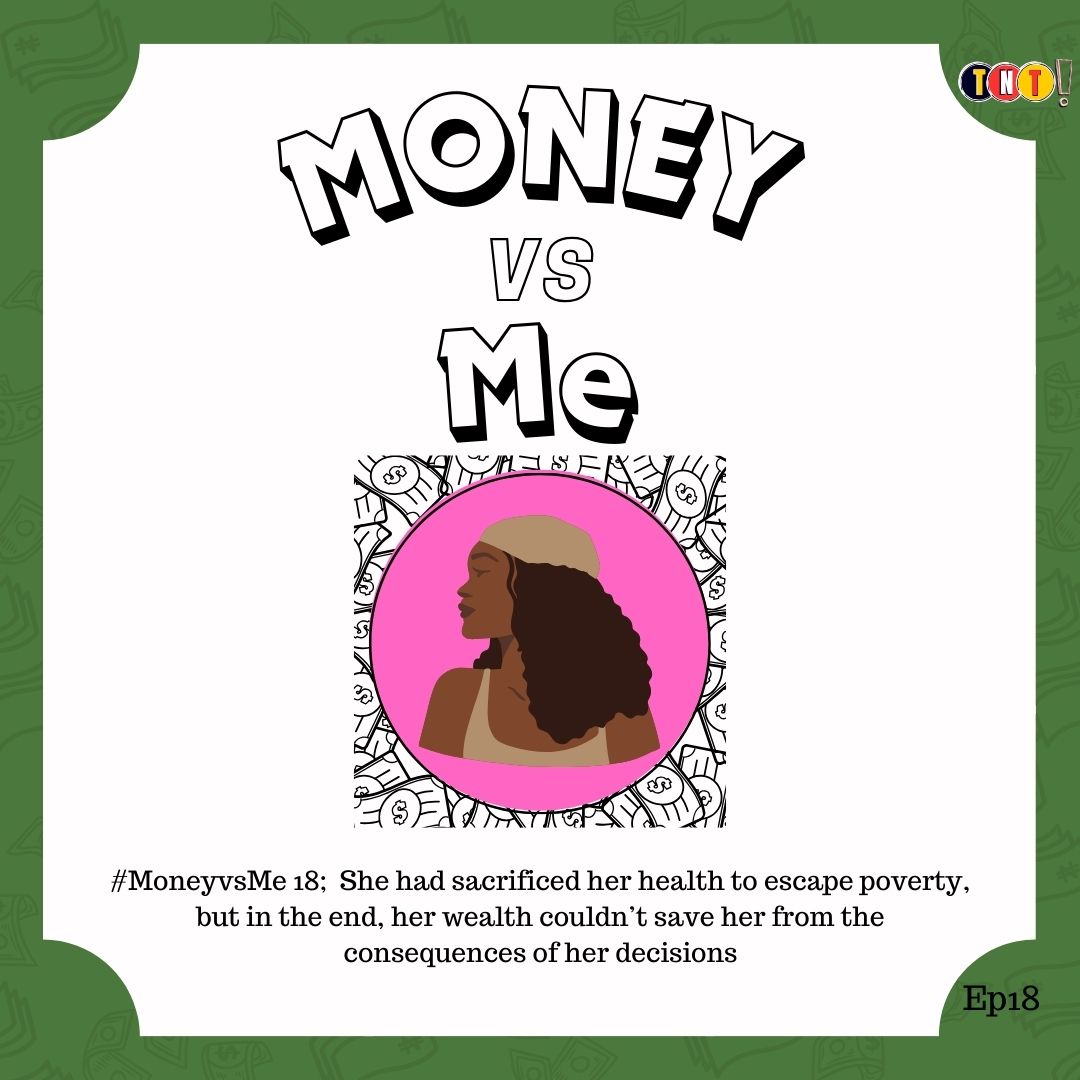Making wise financial decisions is crucial at every stage of life, but there are some financial mistakes you need to avoid in your 20s, 30s, and 40s. many people make avoidable mistakes that can hinder their long-term goals, understanding these common financial pitfalls will help you safeguard your future and achieve financial independence.

Financial Mistakes to Avoid in Your 20s
Your 20s are a time for self-discovery, but financial habits formed now can have long-lasting effects. Here are the common mistakes to avoid:
- Not Starting to Save Early: It’s easy to think that saving can wait until you earn more, but the power of compounding interest means the earlier you start, the better. Even small amounts saved now can grow substantially over time.
- Ignoring a Budget: A budget helps track your spending, ensuring that you’re not living paycheck to paycheck. In your 20s, it’s common to feel that budgeting is unnecessary, but failing to monitor your expenses can lead to overspending and debt.
- Relying on Credit Cards: Credit cards can create a false sense of financial security. Many in their 20s overuse credit cards without fully understanding interest rates, leading to debt that can become difficult to pay off later.
- Not Building an Emergency Fund: Life is unpredictable. Failing to establish an emergency fund for unexpected events like medical emergencies or job loss can leave you in financial distress.
- Overlooking Student Loan Payments: Many people leave university with significant student loans, but some neglect these payments. Delaying or missing payments can lead to higher interest rates and damage your credit score.
- Underestimating the Value of Insurance: Young adults often skip health, life, or renter’s insurance, thinking it’s an unnecessary expense. However, insurance can prevent financial disaster in the face of an accident, illness, or property loss.
Financial Mistakes to Avoid in Your 30s
By your 30s, your financial priorities should start to shift towards stability and long-term growth. Here’s what to avoid:
- Delaying Retirement Contributions: Many people in their 30s focus on immediate financial needs and neglect retirement savings. However, missing out on retirement contributions, particularly in tax-advantaged accounts like 401(k)s or IRAs, means losing valuable compound growth.
- Lifestyle Inflation: As your income increases in your 30s, it’s easy to start spending more on luxuries, such as bigger homes, new cars, and vacations. While it’s tempting to upgrade your lifestyle, lifestyle inflation can limit your ability to save and invest for the future.
- Not Paying Off Debt Aggressively: Credit card debt, car loans, and personal loans can accumulate in your 20s, and failing to prioritize paying off these high-interest debts in your 30s can affect your financial future.
- Neglecting to Diversify Investments: Your 30s is the time to start thinking about investments. Relying solely on your savings or focusing too much on low-risk options, like bonds, can limit your wealth-building potential. Diversifying your investments across stocks, bonds, and real estate can yield better returns.
- Overcommitting to Homeownership: Many in their 30s feel pressured to buy a home. While homeownership can be a smart investment, overcommitting financially to a house that stretches your budget can lead to financial strain. Consider all costs, including maintenance and property taxes, before buying.
- Not Having a Long-Term Financial Plan: A lack of a concrete financial plan in your 30s can lead to unnecessary expenses and missed opportunities. A detailed financial plan will help you prioritize saving for retirement, children’s education, and future large purchases.
Financial Mistakes to Avoid in Your 40s
In your 40s, your financial focus should be on securing your future and preparing for retirement. Avoid these pitfalls:
- Not Catching Up on Retirement Savings: By your 40s, you might realize that you haven’t saved enough for retirement. It’s essential to ramp up contributions in this decade by taking advantage of catch-up contributions in tax-advantaged retirement accounts.
- Taking on Too Much Debt: In your 40s, you may face significant financial responsibilities, such as raising children or paying off a mortgage. Accumulating excessive debt, such as taking out personal loans for lifestyle purchases, can hurt your financial stability. Prioritize paying off existing debts instead of acquiring new ones.
- Neglecting to Update Your Will or Estate Plan: As you accumulate wealth, it becomes increasingly important to have a plan for how your assets will be managed or distributed after your death. Many in their 40s fail to update their will or estate plan, which can lead to confusion and financial hardship for their heirs.
- Not Planning for Healthcare Costs: Medical expenses tend to rise as you age, and many people in their 40s underestimate how much they will need to cover healthcare costs in retirement. Start considering long-term care insurance and other healthcare-related savings to avoid financial strain later on.
- Co-Signing Loans: Many parents in their 40s co-sign loans for their children or relatives, thinking it will help them out. While this might seem like a good idea, it can become a financial burden if the primary borrower defaults, as you’ll be legally responsible for paying off the loan.
- Failing to Adjust Your Investment Strategy: In your 40s, you should consider adjusting your investment strategy to reduce risk as you get closer to retirement. A portfolio too heavily weighted in high-risk stocks can expose you to significant losses. Consider rebalancing your investments to preserve wealth.
Financial Success at Every Age
Each decade presents its own financial challenges, but making informed decisions can help you avoid common mistakes. In your 20s, focus on building a strong financial foundation through saving, budgeting, and avoiding unnecessary debt. In your 30s, aim to grow your wealth through smart investments and limit lifestyle inflation. By your 40s, prioritize catching up on retirement savings, paying down debt, and planning for future healthcare needs.
By avoiding these financial mistakes in your 20s, 30s, and 40s, you’ll set yourself up for financial security and a comfortable retirement.



